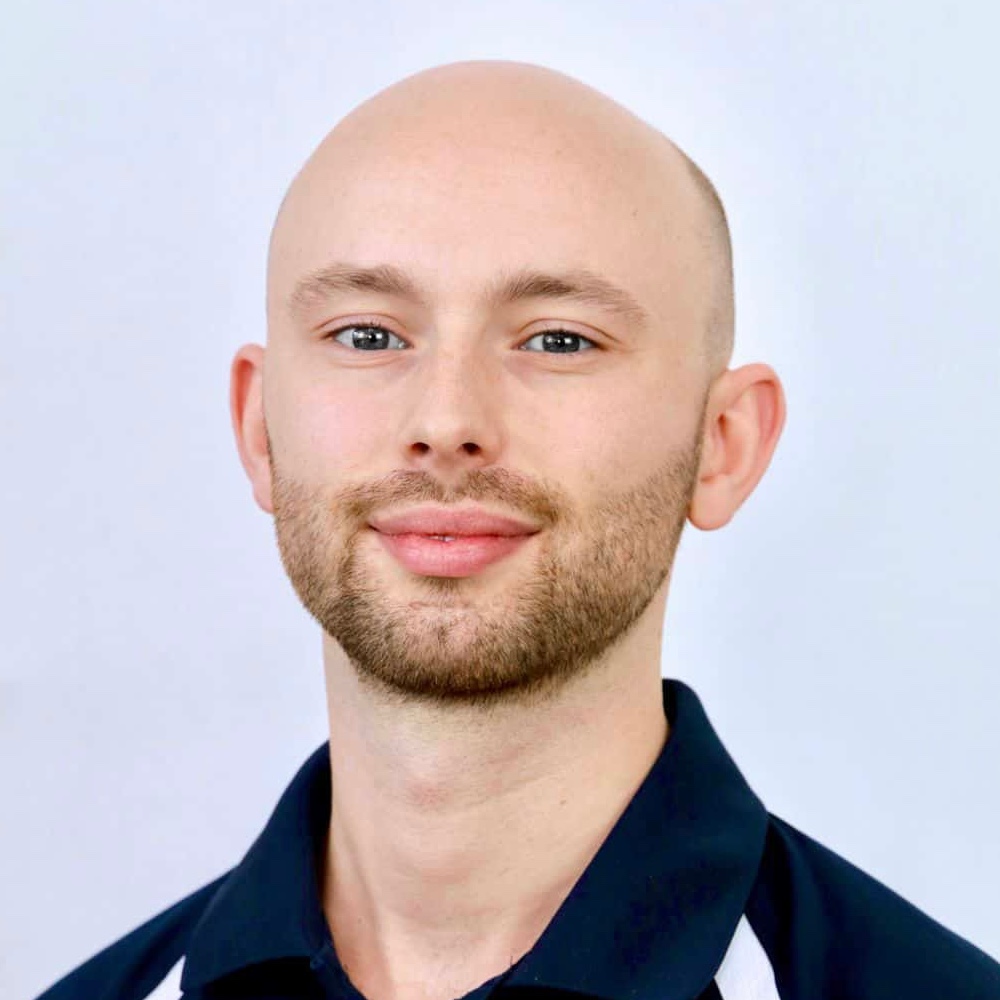New years is a great time to think about making some changes to your life and reflect on what you’ve been doing well and what you’d like to improve. For a lot of people, these goals include health and fitness. As physiotherapists, here are some ideas for new years resolutions you could set yourself for 2019.
- Move more. Sitting down for long periods of time can be really bad for you and people who have ‘sedentary’ lifestyles are more at risk of heart problems and diabetes. Exercise has been proven by scientists to prevent back pain. The NHS recommends at least 30 minutes of exercise a day, for some people, this is harder than others, so we wrote a list of 27 ideas you can implement into your life to help you spend less time sitting down.
- Secure a healthy old age. Some people are at a time of life where they’re concerned about keeping healthy and mobile long after retirement. So in 2016 we wrote about how to slow down sarcopenia, which is a term for muscle loss that happens naturally as we age and can contribute to weakness and loss of balance. We also explored weight bearing exercise, which helps to slow down bone density loss.
- Create a healthy workspace. Your desk shouldn’t be hurting you, here’s a checklist that will help you improve posture while you’re working in an office.
- Stop sitting with your wallet in your back pocket. Did you know it can actually cause problems with sciatica?
- Take up walking. Here are 7 reasons why you should start and how you can walk with fitness in mind.
- Start cycling. Here are ten tips to help you get started.
- Fix the little bad habits that are hurting your neck. Like looking down while you use your phone or tablet, or cradling your phone in-between your head and shoulder. Here are 7 bad habits you can ditch.
- Start running. Here are 8 tips to help you get started and how to avoid shin splints, which are really common in new runners.
- Start swimming. It’s really good for people who have bad joints and it has many other benefits.
- Get confident that you can deal with acute pain. Here is a self-care checklist for when your back goes into spasm and here is a quick guide to help you understand the difference between whether you need heat or ice for your pain.
- Get problems treated while they’re small. All too often we see patients who have ignored minor pain for years and not sought help until the pain had become unbearable. Getting seen earlier can make problems easier to treat!
- Start gently and build up slowly. Many of us make new years resolutions to become fit as a fiddle and by February a lot of people become exhausted with too much gruelling exercise, too soon after our Christmas indulgence. If you’re making a commitment to become fitter, do it slowly and gradually, you don’t want to become worn out or injured.
- Make it a habit. If you can commit to thirty days of doing something, it becomes a habit. Make a small, positive change and make it into a habit.
- Lower your stress levels. Stress can increase your sensitivity to pain and tighten your muscles. Why not try acupuncture or massage?
- Avoid things that cause knee pain, like wearing high heels too often.
- Instead of starving yourself on a crash diet, eat a healthy and nutritious diet that will improve your bone and joint health.
- Clear barriers in your path that prevent you from leading the life you want to. In pain? We can help. Pain is not something you should have to put up with, it’s not something that happens just because you’re getting older and it is something that can be improved, if not stopped completely!
Thank you to all our patients and blog readers. We wish you the very best luck for 2019!
John and The Sheffield Physiotherapy team.
Tel: 0114 268 6677

